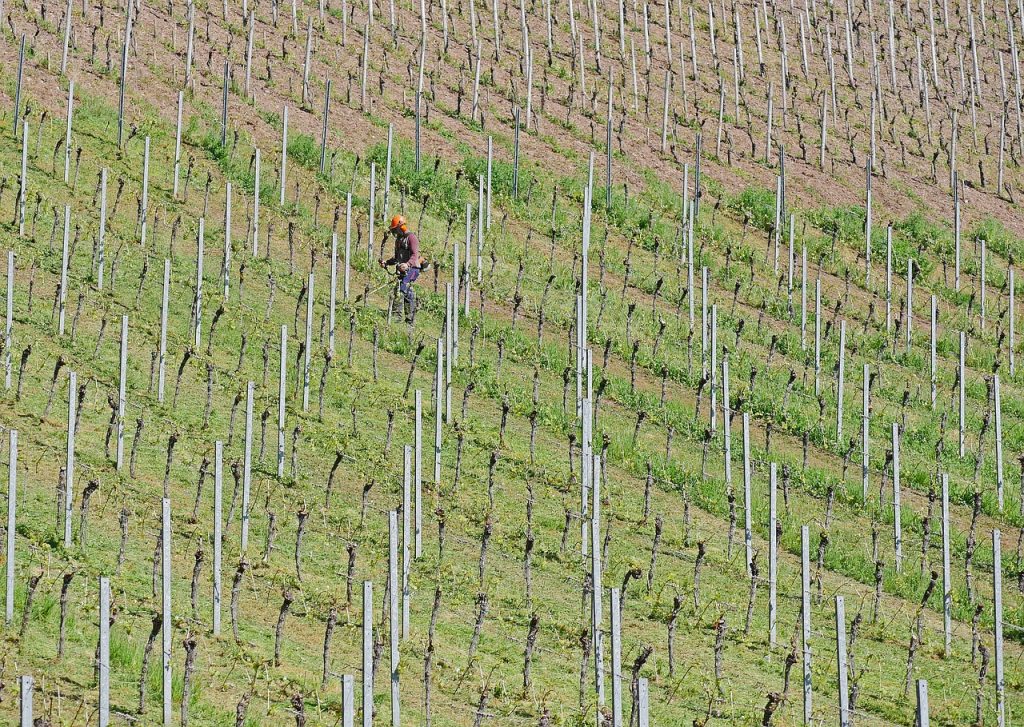A new dawn for agriculture’s workforce

After five years of advocacy by the NFF, an Agriculture Visa is one step closer to becoming a reality with the Governor General signing the legislation into law.
NFF chief executive Tony Mahar said the milestone represented a new chapter in Australia’s approach to addressing agriculture’s workforce shortages.
“We look forward to continuing to work with Minister Littleproud and the Government on the details of the Visa and how it can best cater for farmers and workers.”
The Ag Visa will widen the recruitment opportunities for low to highly skilled workers from ASEAN countries. The NFF believes negotiations are well under way to extend the visa to other countries.
The NFF has led the calls for the development of an Ag Visa to complement the successful Pacific Labour Scheme and Seasonal Worker Program.
Mahar said the primary intent of the Visa was to provide an option to a different cohort of farmers and workers, than that provided by current pathways.
“The Ag Visa is a bespoke instrument designed to specifically address agriculture’s many and varied skill deficits. To be most effective the Visa must be portable and allow workers to move between farms based on work demand.”
Mahar said claims by the ACTU that Ag Visa holders would be at risk of mistreatment were nothing more than an attempt at cheap and uninformed point scoring.
“If the ACTU would bother to educate themselves, they would know the NFF had always recommended the Visa be open only to farmers who can demonstrate that they take care of their workforce and who haven’t been able to hire locally.
“Providing a positive and safe experience for farm workers is a core tenet of the Visa and of paramount importance to the NFF.”
Mahar said the onus was now on state and territory governments and their chief health officers to approve quarantine arrangements to safely house incoming foreign workers, including consideration of on-farm quarantine.
“During the ongoing COVID-19 pandemic, agriculture continues to be the engine room of the economy,” Mahar said.
“Farmers have not missed a beat in keeping supermarket shelves stocked in support of all Australians.
“Solving agriculture’s worker deficit is of paramount importance to agriculture achieving a farm gate output value of $100 billion by 2030 and a key component of NFF’s 2030 Roadmap,” Mahar said.



